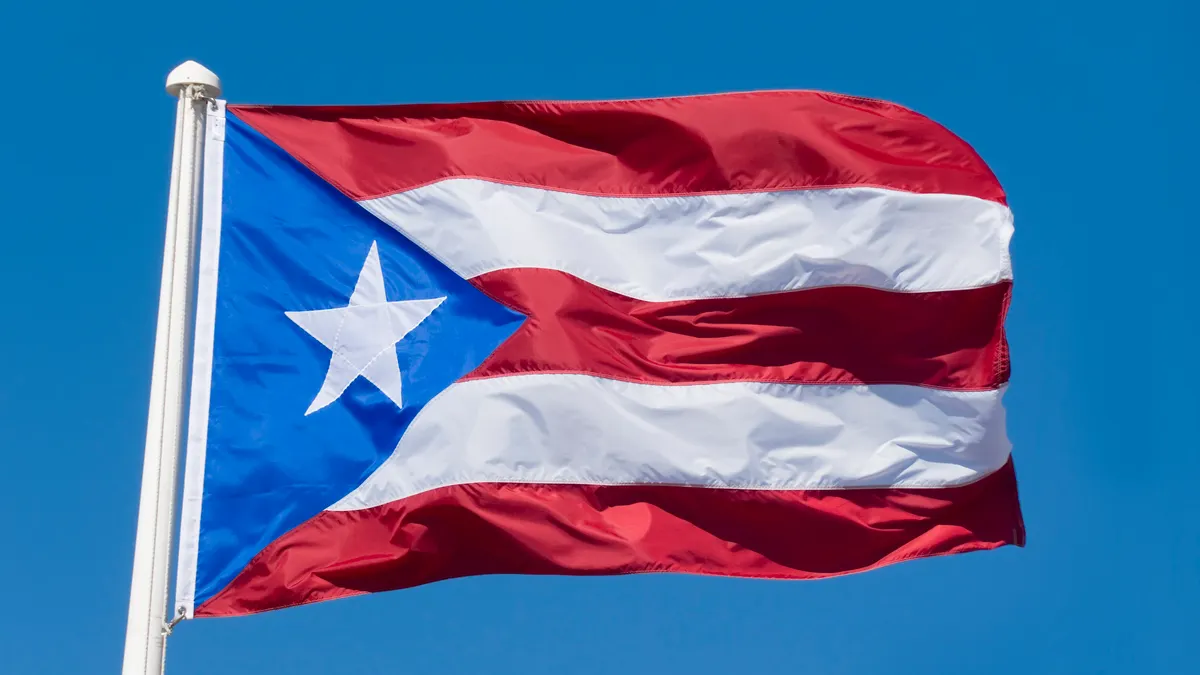Biogen’s 2023 financial woes could be seen as a microcosm of the problems faced by the biopharma industry as a whole — generic competition, regulatory setbacks, slow launches and difficult R&D decisions have piled up for the company, culminating in an underwhelming performance last year.
Many other companies are facing the same struggles, just maybe not all like Biogen. Looming patent cliffs pose a concern for plenty of major drugmakers. Regulators from the FDA to the SEC are taking a stronger stance in the wake of past controversies. Medicare reimbursement isn’t always a given. And R&D is always difficult to predict, especially in the field of neuroscience, where Biogen has hung many of its pipeline hopes.
But for every big swing that hasn’t panned out for Biogen, the company has powered through with an ambitious pipeline and a foothold in potential blockbuster areas like Alzheimer’s disease and multiple sclerosis — so don’t count them out just yet, CEO Christopher Viehbacher expressed on this week’s fourth-quarter and full-year 2023 earnings call.
“There's a lot of pride in the fact that we go and try to find solutions for diseases where nobody else is doing that,” Viehbacher said. “But of course, when you do that, you're pioneering … so we end up taking a lot of risk, and these trials can be really quite expensive — and yet, we do need a company like Biogen in our world.”
Here’s how the CEO sees a future for Biogen despite a few rollercoaster years.
“[Leqembi] is, as we have said before, a launch that really doesn't have an analog. We have always guided investors to the fact that this would be a progressive ramp, and that's what we're seeing.”

Christopher Viehbacher
CEO, Biogen
Biogen has a lot riding on the launch of its second Alzheimer’s disease attempt, Leqembi, the followup to the devastating downfall of the drug Aduhelm, which the company has officially pulled from the market due to regulatory and reimbursement pushback. But sales of Leqembi, developed and now marketed alongside partner Eisai, have been disappointing so far with only $10 million in revenue in 2023.
The forward-looking trajectory for Leqembi is also unclear due to patient dynamics, according to Viehbacher. With about 2,000 patients on therapy currently an expanding sales force, he said that there is “solid progress” regardless of the slower-than-expected start.
Biogen plans to file with the FDA for a subcutaneous version of the drug this quarter, and Viehbacher expressed optimism with regard to the patient reach that could come from that, particularly as the drug faces potential competition with Eli Lilly’s donanemab, which is expecting FDA approval any day now.
Despite a hopeful future, analysts were disappointed by the Leqembi sales numbers.
“The slow launch of Leqembi, with about 2,000 patients on drug, will provide small consolation for the once megablockbuster potential of this class,” Pamela Spicer, therapy area director at Citeline, said in an email to PharmaVoice.
“The multiple sclerosis franchise has been the stalwart of our company since its inception 45 years ago. … However, that is a franchise that is facing increasing competition, and we have to embrace new therapeutic categories and new businesses.”

Christopher Viehbacher
CEO, Biogen
Biogen’s bread and butter has been in the multiple sclerosis market where blockbuster Tecfidera led the way for years. But as generics have chipped away at revenue — down to just over $1 billion in 2023 from more than $1.4 billion the year before — the cash cow is limping along, and that has impacted overall revenue at the company, which also took a hit from $60 million in closeout costs related to Aduhelm. Still, with other multiple sclerosis drugs on the market, Biogen pulled in a total of $4.7 billion in 2023 from the franchise, which is down from $5.4 billion the year before.
Biogen isn’t the only company with competition trouble — AbbVie saw quarterly sales of ultra-blockbuster Humira drop 41% year over year, but like Biogen, it has begun to back those sales up with newer immunology drugs like Rinvoq and Skyrizi. Pfizer, too, has had to look to newer drugs to make up for lost COVID-19 sales this year.
Biogen’s R&D wheels are turning with four new drug launches last year — one of the leaders in the industry on that front, Viehbacher pointed out.
“We have had a major shift in resources and focus, particularly toward Leqembi, Zurzuvae, Skyclarys and Qalsody.”

Christopher Viehbacher
CEO, Biogen
Leqembi isn’t Biogen’s only bet, and Viehbacher discussed the potential for drugs like Zurzuvae, a postpartum depression drug approved last year. Biogen developed the drug along with Sage Therapeutics. Viehbacher said the crossover of maternal health and mental health represents “two key trends in our society today,” with about 80,000 women diagnosed each year.
In rare diseases, Biogen has built on its success with the spinal muscular atrophy drug Spinraza as a model for the Friedreich’s ataxia drug Skyclaris, also approved in the U.S. last year with a more recent approval by the EU.
The name of the game for Biogen in this year and the next is to get these new drugs off the ground efficiently to offset the unexpected downfall of Aduhelm and the multiple sclerosis losses.





















